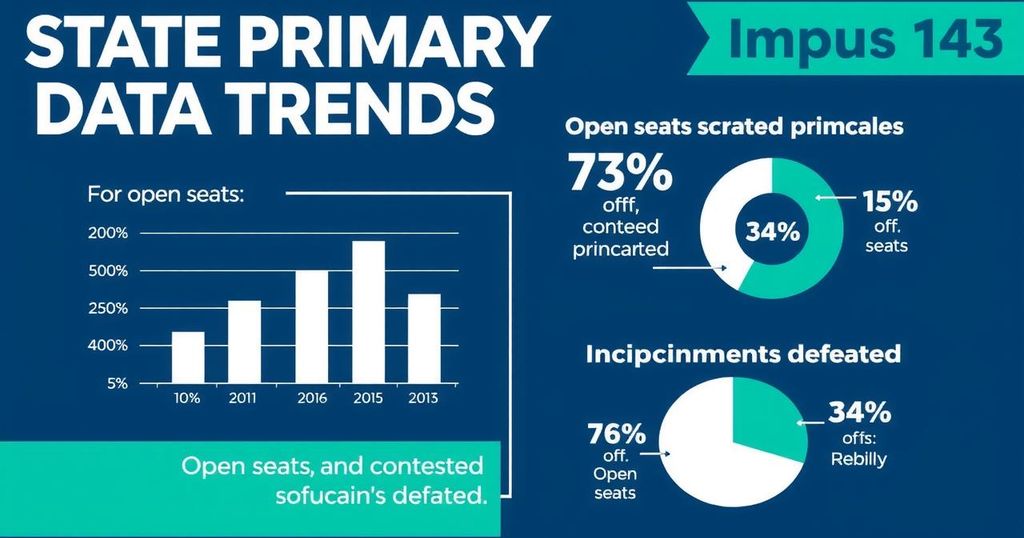World news
AFRICA, ALASKA, CONGRESS, EUROPE, FISCAL POLICY, GREECE, HOUSE, HOUSE OF REPRESENTATIVES, INFLATION, KENTUCKY, LEGISLATION, LIBYA, LISA MURKOWSKI, MAINE, MIKE JOHNSON, NORTH AMERICA, NORTH CAROLINA, POLITICS, RAND PAUL, SENATE, THOM TILLIS, UNITED STATES, US, WASHINGTON
Marcus Chen
0 Comments
Senate Passes Trump’s Tax Bill in Close Vote Amid Republican Tensions
- The Senate passed Trump’s tax-and-spending bill with a narrow 51-50 vote.
- This legislation lowers taxes but increases the national debt by $3.3 trillion.
- Major cuts to Medicaid and food aid programs are included in the bill.
- House Republicans express concerns about the Senate’s proposed Medicaid cuts.
- Trump aims for the bill to be signed before July 4, intensifying pressure.
- The bill has received significant backlash from House Democrats and some Republicans.
Senate’s Narrow Vote Shows Divisions Among Republicans
The U.S. Senate recently edged through a significant tax-and-spending bill, pushed by President Donald Trump, by a razor-thin vote of just 51 to 50. This new legislation stands to make substantial cuts to taxes and social safety net programs while simultaneously adding $3.3 trillion to the national debt, which has caused quite a debate among legislators. This bill, which aims to advance the administration’s priorities, is now headed for a potential review in the House of Representatives, where a few Republicans have already expressed opposition to portions of the Senate’s provisions.
House Approval Uncertain Amid Republican Concerns
Trump is aiming for a quick signature on the bill, targeting the July 4 Independence Day timeframe. This measure proposes extensions of tax cuts from 2017, alongside new benefits for overtime pay and tips as well as significant increases in military and immigration spending. However, it also includes cuts of roughly $930 billion from Medicaid and food assistance programs for low-income Americans, which many in the party are worried about. As the debate carries forward, lawmakers are struggling to balance the interest of various factions within their party, with some conservatives demanding more drastic cuts while centrist lawmakers express concerns over the potential impact on their constituents’ health care and welfare services.
Potential Impact on American Families and Healthcare
Amidst all this, the House is poised for a tight vote, as Republicans maintain a slim 220-212 majority. A White House official indicated that Trump is keen to mobilize support among House Republicans to get the bill passed, asserting it has benefits for everyone. Yet, with an initial version barely squeezing through in May, several representatives have raised alarms about the Senate’s price tag, especially in light of a nonpartisan estimate predicting an additional $800 billion would be added to the national debt—exceeding what was originally proposed. Concerns also emerge from a mix of moderate Republicans disapproving the budget cuts directed towards Medicaid and high-tax state representatives who are pushing for more tax alleviation on state and local levels, which adds another layer of complexity to this already contentious legislative pursuit.
In summary, the U.S. Senate’s passage of the tax-and-spending bill spotlights the ongoing tension within the Republican Party regarding fiscal responsibility and social support programs. As the measure moves to the House, it’s clear that various factions are anxious about the impacts of the proposed cuts, particularly on healthcare and assistance for low-income Americans. With a potential vote looming and pressure building from the Trump administration, the outcome remains uncertain and complicated by diverse interests within Congress.




Post Comment